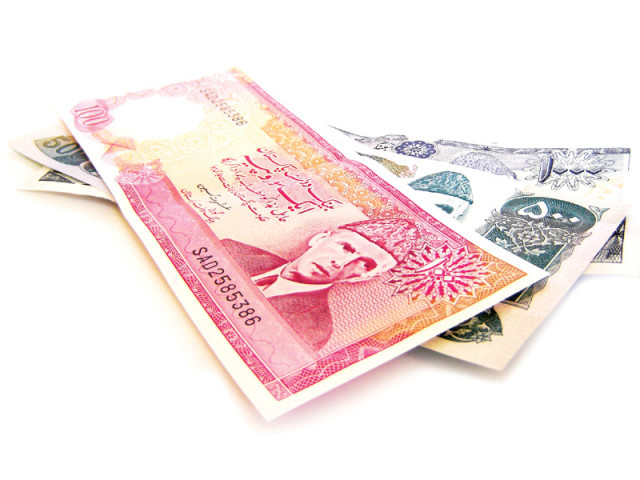Govt targets Rs1,281b from petroleum levy
Plan includes significant hikes in levies on petroleum, natural gas to stabilise economy, meet IMF requirements

The federal government has set an ambitious target of Rs1,281 billion on account of Petroleum Levy (PL) on petroleum products for the upcoming fiscal year 2024-25. This projection marks an increase of Rs321 billion over the revised estimate of Rs960 billion for the current fiscal year 2023-24. While the originally budgeted PL for the current year was Rs869 billion, the actual increase represents a 47.4% rise over the target for the next year. The government revised its PL collection target upward for the next financial year 2024-25 under miscellaneous receipts.
The International Monetary Fund’s (IMF) report titled “Second and Final Review under the Stand-By Arrangement (SBA),” released in May 2024, revealed that Pakistan presented a plan to collect Rs1,080 billion through PL in the fiscal year 2024-25. Subsequent federal governments have given high priority to PL revenue since it is not part of the Federal Divisible Pool (FDP) that must be shared with the provinces according to the National Finance Commission (NFC) formula.
Additionally, the government has proposed to maintain the Gas Infrastructure Development Cess (GIDC) collection at Rs2.5 billion for the fiscal year 2024-25, the same revised target set for the current financial year (2023-24). The GIDC was originally budgeted at a much higher amount of Rs40 billion for the current fiscal year. In June 2020, the Supreme Court of Pakistan ruled that various sectors of the economy must clear the outstanding Rs407 billion GIDC within 60 months, but the government has yet to realise this amount due to stay orders obtained by various companies.
The Natural Gas Development Surcharge (GDS), which represents the difference between the prescribed and sale price of gas and is allocated to the provinces, is projected to bring in Rs25.618 billion next year. This is against the actual budgeted Rs40 billion and the revised Rs27.169 billion for the current year. On the directives of the finance ministry, the Auditor General of Pakistan (AGP) is auditing the GDS claims of both gas companies—Sui Northern Gas Pipeline Limited (SNGPL) and Sui Southern Gas Company (SSGC)—to ascertain the real collection.
The government has also planned to collect Rs3.537 billion for the PL on Liquefied Petroleum Gas (LPG) in fiscal year 2024-25. This compares to the revised target of Rs3.516 billion for the current fiscal year. The original budget for the PL on LPG in the current fiscal year was significantly higher at Rs12 billion.
The budget for fiscal year 2024-25 envisages Rs25 billion to be retained as a discount on local crude oil prices, the same amount as the revised estimate for the current fiscal year (2023-24). The original budget for the current year was lower, at Rs20 billion. The budget for next year also proposes a decrease in royalty on crude oil and an increase in royalty on natural gas for the provinces. The budgeted amount for royalty on crude oil is set at Rs58.654 billion for the next financial year, against the revised estimates of Rs57.017 billion for the outgoing year. The government has budgeted Rs103.751 billion in royalty on natural gas for the next financial year, compared to a revised target of Rs93.567 billion and a budgeted Rs75 billion for 2023-24.
Next year’s budget also envisages Rs28 billion on account of windfall levy on crude oil, compared to the budgeted amount of Rs20 billion for the current financial year 2023-24. The windfall levy on gas has been budgeted at Rs400 million, up from Rs220 million in the current fiscal year. Miscellaneous receipts from oil and gas companies are budgeted to generate Rs1,528.46 billion in the next financial year, against a revised target of Rs1,197.8 billion and budgeted estimates of Rs1,141 billion in the outgoing financial year.











1724319076-0/Untitled-design-(5)1724319076-0-208x130.webp)






COMMENTS
Comments are moderated and generally will be posted if they are on-topic and not abusive.
For more information, please see our Comments FAQ